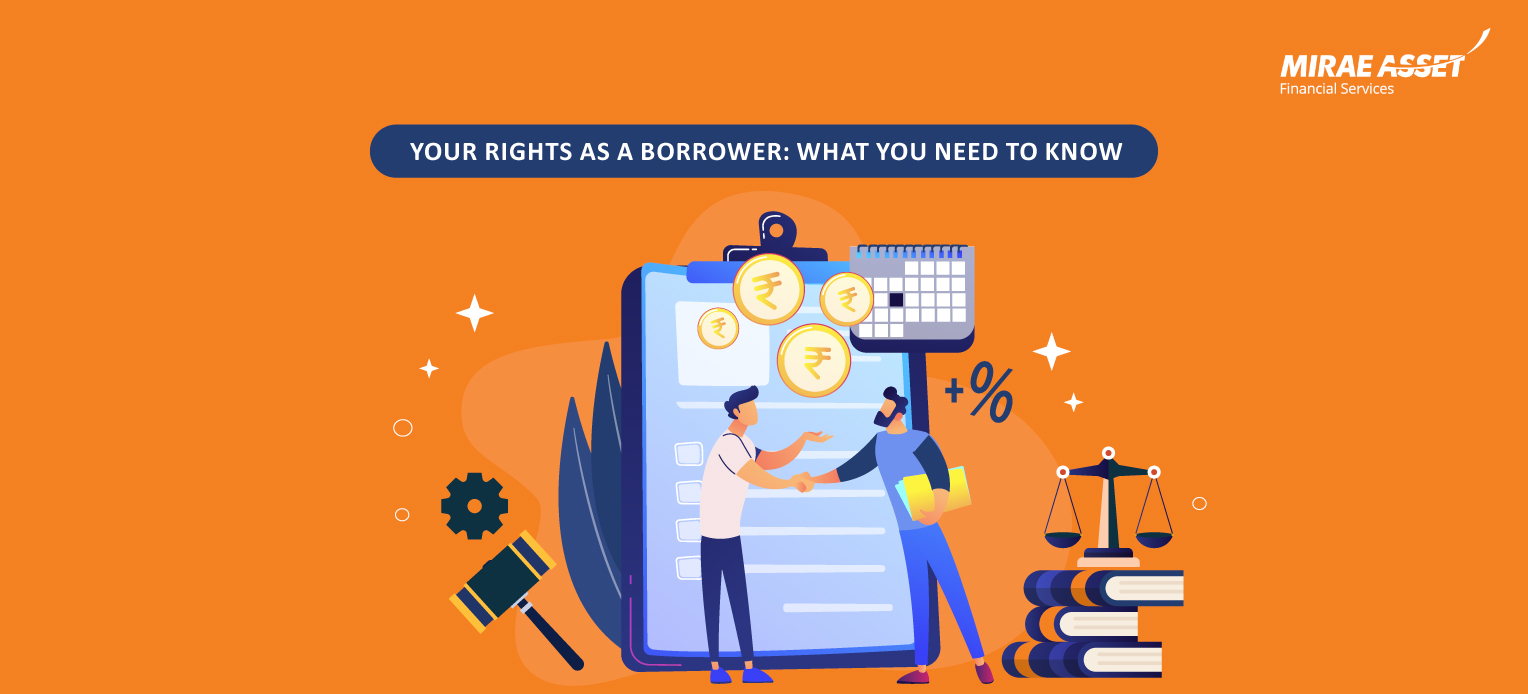Your Rights as a Borrower: What You Need to Know

When it comes to borrowing money, most of us try our best to meet deadlines and pay off loans on time. However, life can sometimes throw unexpected financial challenges our way, causing us to miss payments. If you find yourself in default, you might wonder—can lenders come to your home and demand repayment whenever they want? Here’s what happens when you miss a payment, and more importantly, what you need to know about your rights as a borrower.
Understanding Debt Collection
Financial institutions have a set of rules they must follow when dealing with individuals who are unable to repay their loans. These regulations ensure fairness for everyone involved—whether you’re the borrower, the lender, or the debt collection agency. While it can be stressful to owe money, it’s important to know that borrowers have rights to protect them from harassment and unethical practices.
Why Do Lenders Outsource Debt Collection?
Instead of maintaining in-house teams, many lenders choose to outsource their debt collection to agencies that specialize in this process. This can be more cost-effective for the lender, as recovery agents are typically paid on commission and have an added incentive to collect the owed amounts. But as a borrower, it’s essential to understand your rights, even if you’re in default.
What is Harassment in Debt Collection?
According to the Reserve Bank of India (RBI), harassment involves actions meant to publicly embarrass or violate a borrower’s privacy. Debt collection practices should never include intimidation, threats, or excessive pressure. Unfortunately, in some cases, the lack of enforcement and borrower unawareness allows unethical practices to occur.
Your Borrower Rights: A Breakdown
Even if you miss a payment, it doesn’t mean you lose your rights. The RBI ensures that borrowers are treated with dignity and respect. Here’s a closer look at the rights you have, regardless of your loan status:
- Right to Receive a Notice Before lenders take any extreme action, like selling your assets, they must first send you a notice. This notice will give you an opportunity to repay or resolve the debt. If you’re unable to pay within the given time, your account may be classified as a Non-Performing Asset (NPA), and further collection efforts will begin, which may include asset liquidation.
- Right to Receive the Proceeds from Sale If your assets are sold to recover the debt and they are sold at a price higher than what you owe, you are entitled to receive the surplus amount, minus any applicable expenses or fees.
- Right to Fair Debt Collection Practices The RBI’s Fair Practices Code (FPC) ensures that debt collection is done ethically and respectfully. Borrowers have the right to be treated fairly, without facing abusive behavior, intimidation, or threats from collection agents.
- Right to Grievance Redressal If you have complaints about the way your debt is being handled, you can approach grievance redressal mechanisms established by the lender or the Banking Ombudsman. These channels help resolve disputes and provide an escalation route if the initial response is unsatisfactory.
- Right to Seek Legal Assistance You are entitled to consult with a lawyer or legal aid organization if you face legal challenges with your loan. These experts can guide you through your options for dispute resolution or addressing concerns.
- Right to Fair Credit Reporting Credit reporting must be accurate and fair. Credit Information Companies (CICs), regulated by the RBI, maintain credit reports that lenders use to assess your creditworthiness. You can access these reports and dispute any inaccuracies through the formal resolution process.
How to Protect Yourself from Unfair Practices
In the world of digital lending, borrowing from an RBI-registered institution helps ensure accountability and minimizes the risk of encountering predatory practices. Beware of unregistered loan apps, which may resort to threats and harassment to collect payments. If you’re targeted by these practices, don’t hesitate to report the issue to the cyber cell.
Clear communication is key. If you’re experiencing harassment from debt collectors, contact your lender to explain your situation. If things escalate, you have the right to file a police report and involve the RBI ombudsman for further assistance.
Prevention is Better Than Cure
The best way to avoid issues with debt collection is to stay on top of your payments. However, if you anticipate trouble making a payment, it’s wise to reach out to your lender ahead of time. Many institutions offer options such as extended loan tenures or restructured loan terms to help ease the burden. Just be mindful that these temporary relief measures could come with penalties or affect your credit score.
Keep a Record: Documentation is Key
Whenever you interact with debt collectors, it’s important to keep a record. This includes saving documents and noting the dates, times, and details of your conversations. This information will be crucial if you need to dispute actions taken against you or seek legal advice.
Conclusion:
Understanding your rights as a borrower is essential. Being informed not only helps you navigate financial challenges more effectively but also protects you from unfair practices. By staying proactive, maintaining open communication, and knowing your legal options, you can better manage your debts and avoid unnecessary stress.
